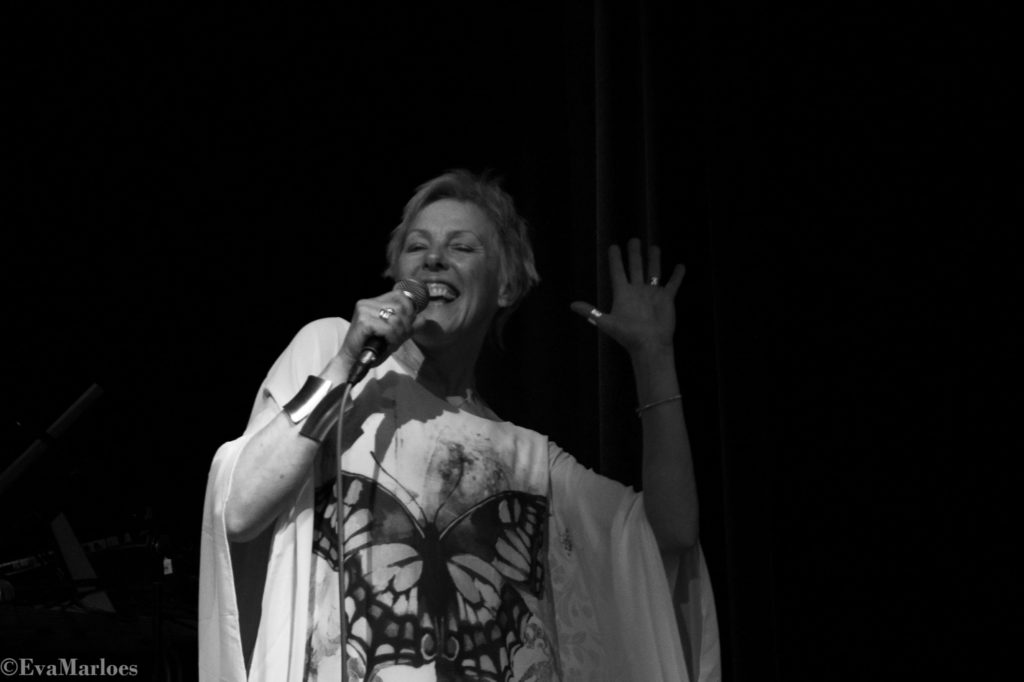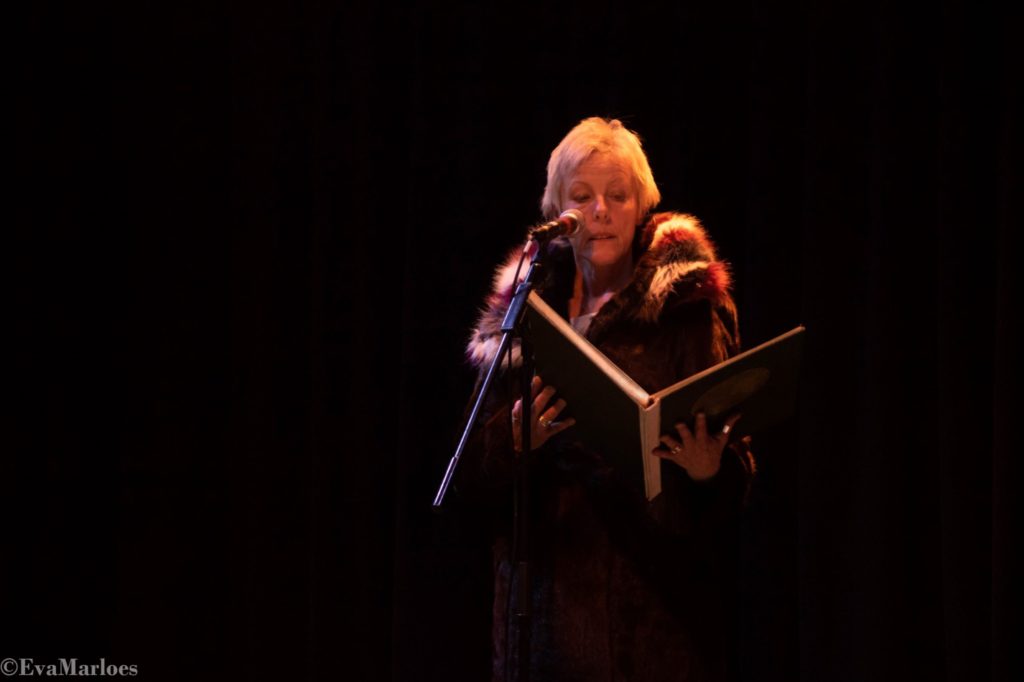
Please note images featured in this review are from the rehearsal process
This fun and moving adaptation of Victor Hugo’s Les Misérables by Cardiff-based theatre company August012 juxtaposes the battle of Waterloo and the Brexit Referendum. The intention behind the historical and literary parallel is to insert our daily lives into a wider perspective, to juggle the big and the small, the significant and insignificant, the past and the present. Les Mis, not the musical (thank God not the musical!), is a whirlpool of sound, words, and movement, expressing a sense of loss and futility, tempered by a feeling of compassion.
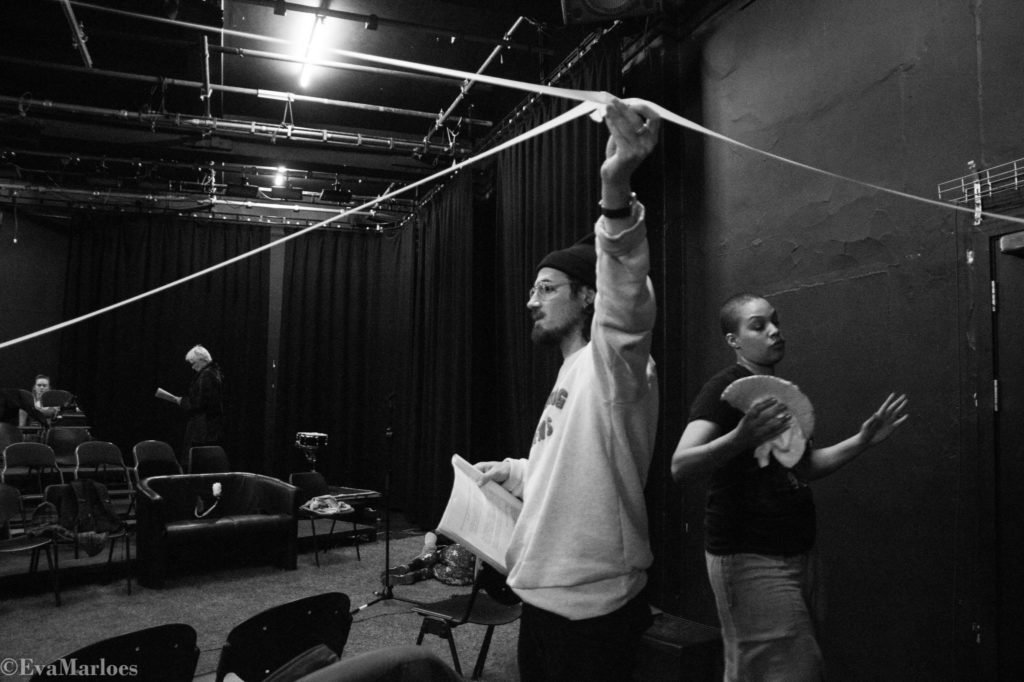
The scene begins with an account of the battle of Waterloo, cut by the recollections of Brits on holiday in Greece before the Referendum, and by the disbelief and shock at the result on the night. Away from formulaic narrative structure, Les Mis embraces a multilayered performance where music, words, and movement intersect and converge all around us. The music is spell-binding and plays a prominent role in guiding the audience into this tragi-comedy. It is a seductive and immersive experience that stirs the senses and brings awareness of the wider significance of Brexit.

The smell of grass, the thumping on the ground of the soldiers’ feet, broken by holiday-makers’ easy-going chatter and banter to the tune of Brazilian music in the sun-kissed beaches of Greece make the play at once seductive and moving. The charged atmosphere evoked by the battle is countered by the fun and ordinariness of the Referendum night. The parallel is sustained by local references to Cardiff’s roads and neighbourhoods. Napoleon is in Grangetown. Brussels is Ponty. Yet, the playfulness of Les Mis accentuates the brutality of Waterloo conveying a sense of awe, of something bigger than ourselves.
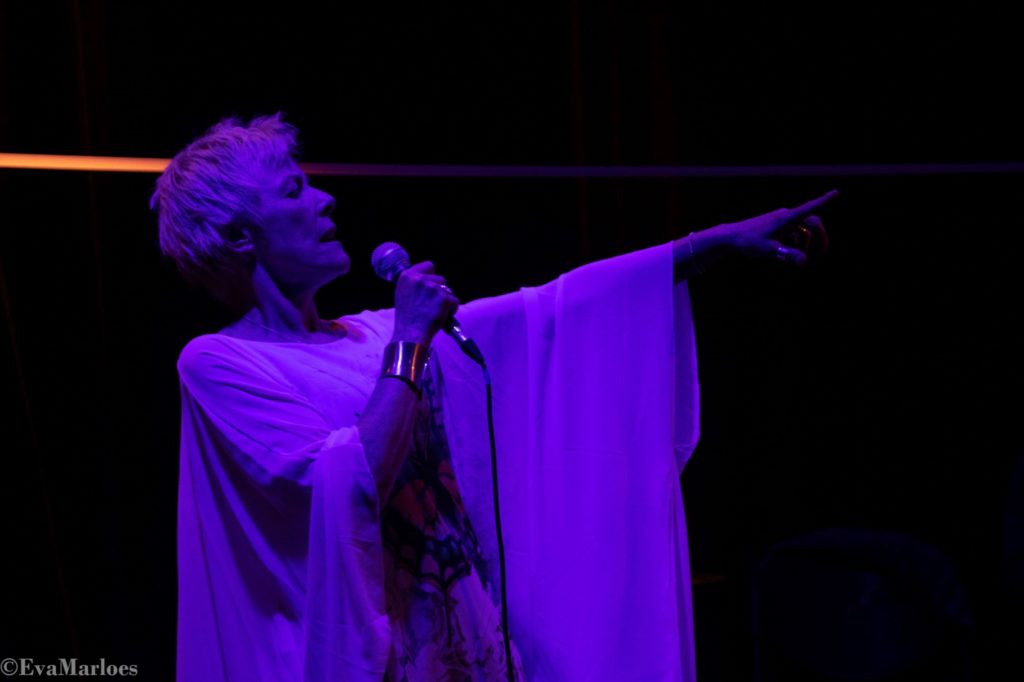
This heartfelt, engaging, ironic and exciting production articulates the current confusion, exhaustion, and ridiculousness of the aftermath of the Referendum. We don’t know what is going on. Les Mis has no comforting thesis, no tidy narrative, no solution, but a deliberate intention to throw off course.
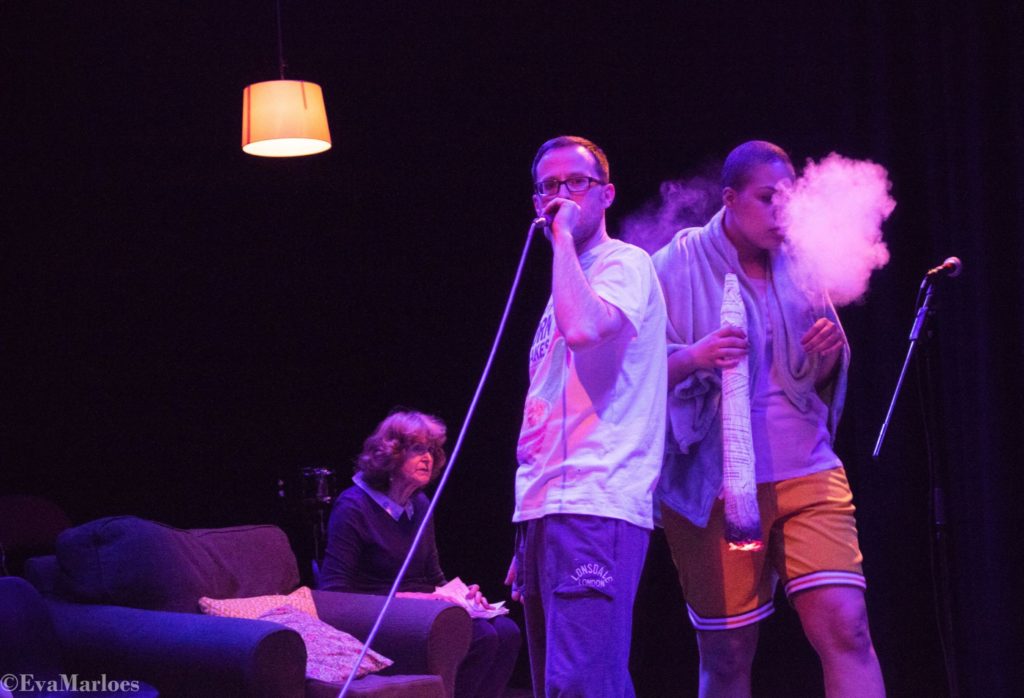
At a time when over a million people have marched for a referendum on the deal, nearly six millions have signed a petition to revoke art.50, and when Parliament has rejected May’s deal and any other alternative, Les Mis captures the never-ending saga, the incomprehensible going around in circles, and the complexity of the present situation. Brexit has severe repercussions for peace in Northern Ireland, for EU citizens in Britain and British citizens in the EU, for Europe, and for Britain; yet its significance is drowned out in the daily drama deprived of substance. In all this, Les Mis wants its audience to wake up to the historical significance of our daily lives.
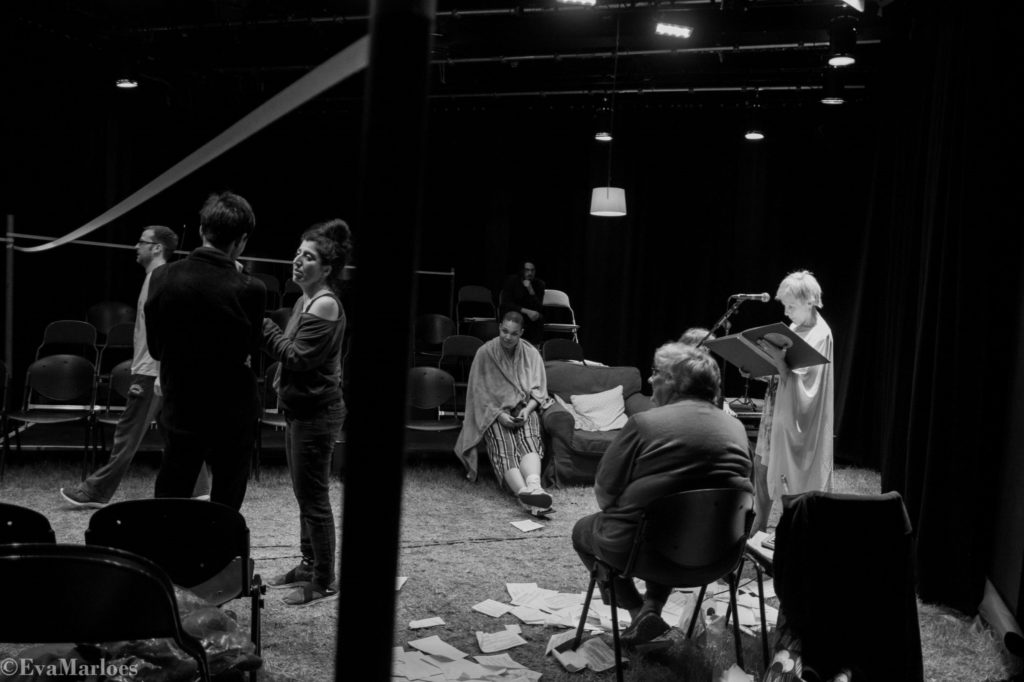
The play includes Nicola Sturgeon’s address to European nationals living in Scotland. In the endless noise produced by politicians on Brexit, European nationals in Britain are often forgotten and, at times, dismissed as ‘bargaining chips.’ Director Mathilde Lopez is a French-Spanish North African, who has lived and worked in Britain for 20 years and has a family with British composer/dj John Norton. Matteo Marfoglia, who choreographs the dancers, is an Italian national who has worked in the Netherlands and has been living in Wales for the past six years. For both Mathilde and Matteo the result of the Referendum brought the pain of exclusion. All of a sudden, their identity, status, and very presence in Britain were questioned.
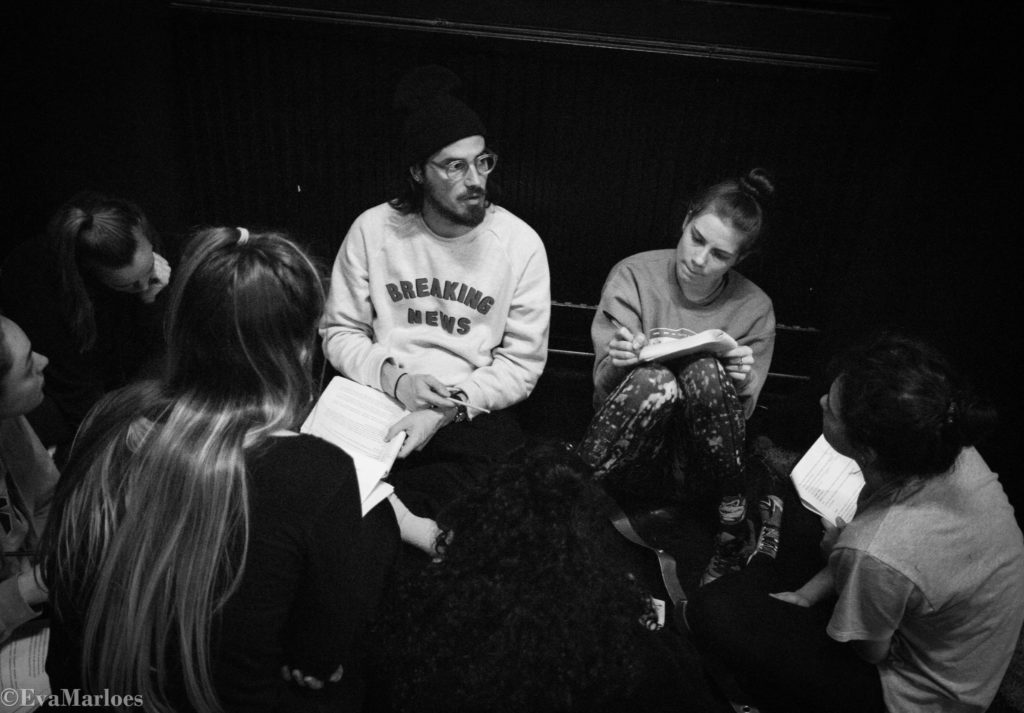
Les Mis gives a voice to that sense of disorienting loss Europeans felt. There is no anger, no preaching, no pedantic history lecture. The political and philosophical rhetoric about the EU at the end is perhaps not as punchy and inspirational as it could have been, but it is genuine and moving. It gives voice to those in Britain who feel European and part of Europe and have been dismissed by mainstream media and politics not just for the past three years, but for decades. What is missing are perhaps the voices of British politicians and thinkers who have dreamed of Europe, like John Stuart Mill, who joined Victor Hugo at the Congress of the League of Peace and Freedom in Geneva in 1867, where peace required a United States of Europe. I personally would have liked the inclusion of Hugos’ dream of a united Europe at the Peace Congress in Paris, in 1849.
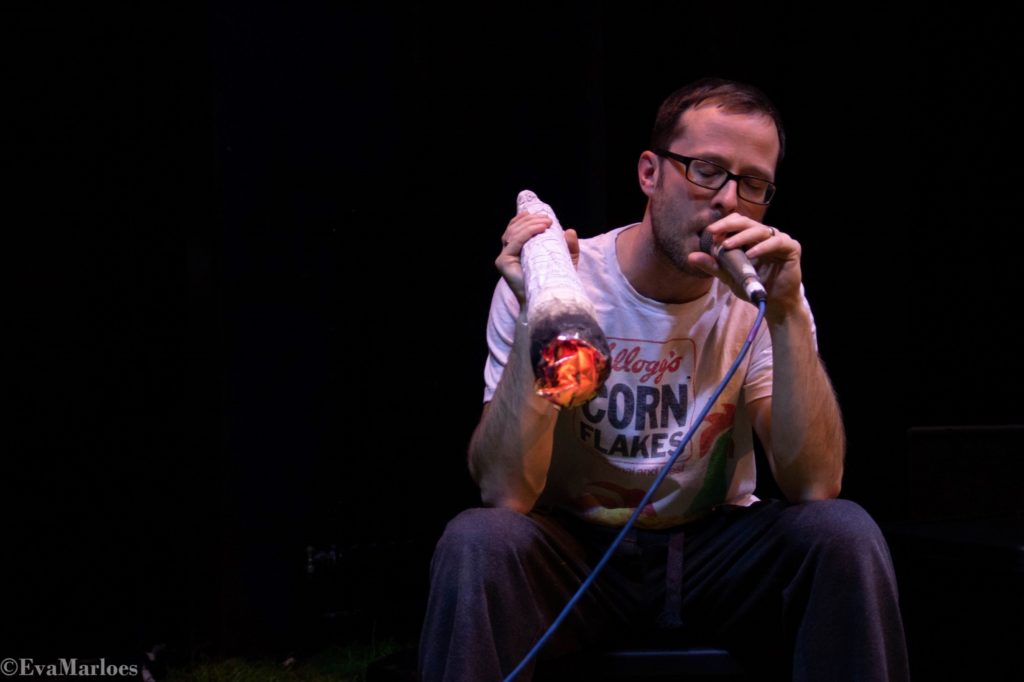
‘A day will come when your arms will fall even from your hands! A day will come when war will seem as absurd and impossible between Paris and London, between Petersburg and Berlin, between Vienna and Turin, as it would be impossible and would seem absurd today between Rouen and Amiens, between Boston and Philadelphia. … A day will come when the only fields of battle will be markets opening up to trade and minds opening up to ideas. A day will come when the bullets and the bombs will be replaced by votes, by the universal suffrage of the peoples, by the venerable arbitration of a great sovereign senate’
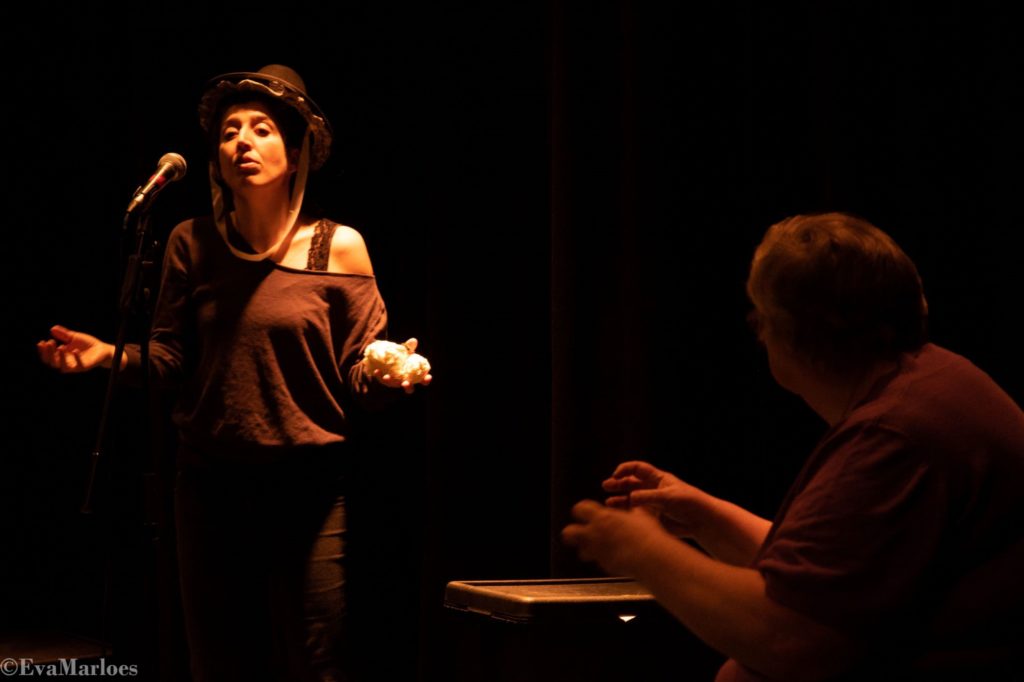
Les Mis speaks of the hurt of those of us who feel deprived of Europe. Europe is no longer a dream, but a reality. There is an acceptance of defeat without despair, a search for strength in love, not distance. Les Mis appeals to faith, hope, and love. In opposition to the outside political message of exercising control and erecting borders, Les Mis, fruit of artists with diverse cultural backgrounds and political stances, celebrates friendship across divides. It calls on all of us to show compassion to one another.

What would Hugo make of this take on his work and, perhaps more crucially, what would he make of his own dream of a United States of Europe? He might be confused and excited to see that a Union of European countries has taken shape. He might feel inspired and hopeful that it is not just a philosophical, political, or religious idea, but a reality, clumsy and complex, but one that is increasingly in people’s hearts. This production of Les Mis, with its exuberant rhythms, poignant words, and passionate movements, lets us hear the heart of Europe beating.
